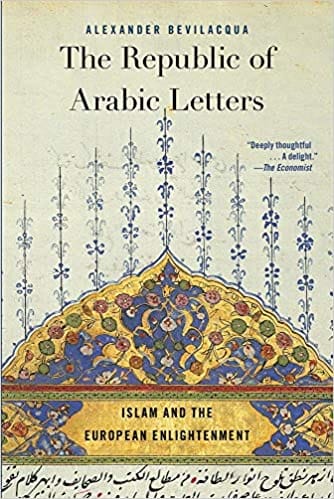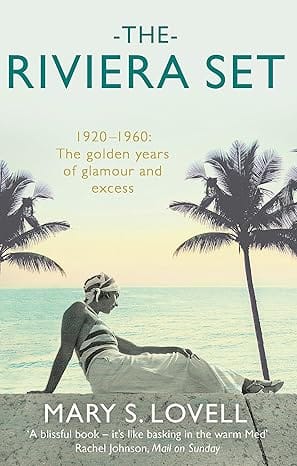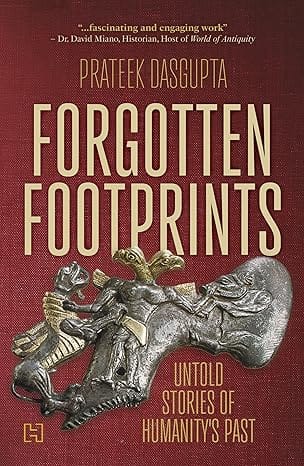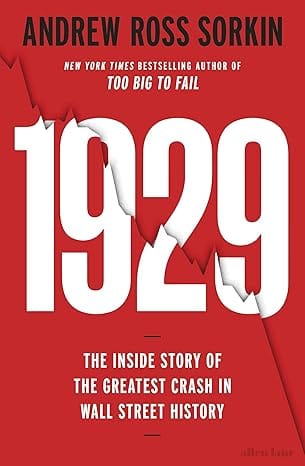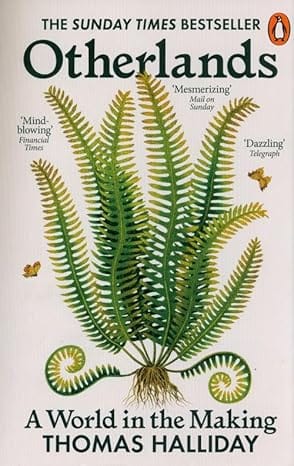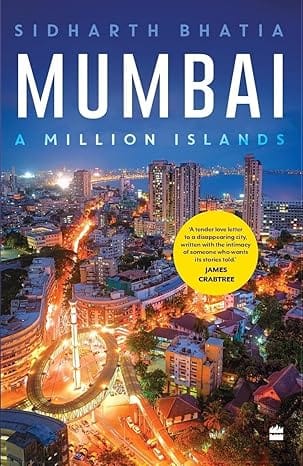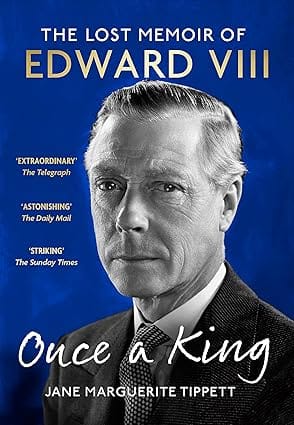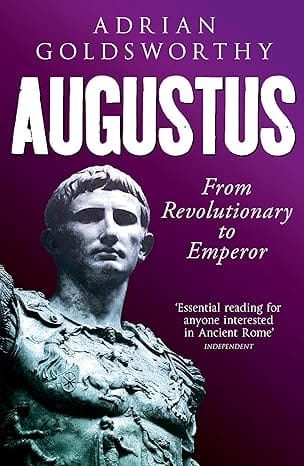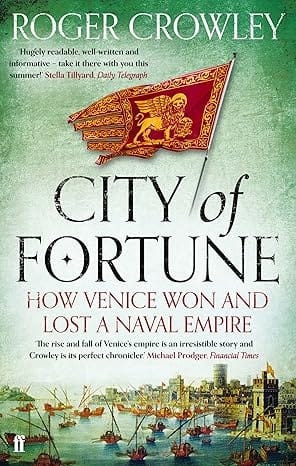- Non-ficton
- Non-ficton
- Contemporary Fiction
- Contemporary Fiction
- Children
- Children
- Comics & Graphic Novels
- Comics & Graphic Novels
- Non-Fiction
- Non-Fiction
- Fiction
- Fiction
A Longman–History Today Book Prize Finalist
Winner of the Thomas J. Wilson Memorial Prize
A Times Literary Supplement Book of the Year
“Deeply thoughtful…A delight.”
―The Economist
“[A] tour de force…Bevilacqua’s extraordinary book provides the first true glimpse into this story…He, like the tradition he describes, is a rarity.”
―New Republic
In the seventeenth and eighteenth centuries, a pioneering community of Western scholars laid the groundwork for the modern understanding of Islamic civilization. They produced the first accurate translation of the Qur’an, mapped Islamic arts and sciences, and wrote Muslim history using Arabic sources. The Republic of Arabic Letters is the first account of this riveting lost period of cultural exchange, revealing the profound influence of Catholic and Protestant intellectuals on the Enlightenment understanding of Islam.
“A closely researched and engrossing study of…those scholars who, having learned Arabic, used their mastery of that difficult language to interpret the Quran, study the career of Muhammad…and introduce Europeans to the masterpieces of Arabic literature.”
―Robert Irwin, Wall Street Journal
“Fascinating, eloquent, and learned, The Republic of Arabic Letters reveals a world later lost, in which European scholars studied Islam with a sense of affinity and respect…A powerful reminder of the ability of scholarship to transcend cultural divides, and the capacity of human minds to accept differences without denouncing them.”
―Maya Jasanoff
“What makes his study so groundbreaking, and such a joy to read, is the connection he makes between intellectual history and the material history of books.”
―Financial Times
Review
A closely researched and engrossing study of a subset of the Republic of Letters―those scholars who, having learned Arabic, used their mastery of that difficult language to interpret the Quran, study the career of Muhammad, write the history of medieval Islam and introduce Europeans to the masterpieces of Arabic literature…[Bevilacqua] has joined the ranks of a latter-day Republic of Arabic Letters that, in its scholarship and scholarly cooperation, is in no way inferior to its early-modern precursor. -- Robert Irwin ― Wall Street Journal
What makes his study so groundbreaking, and such a joy to read, is the connection he makes between intellectual history and the material history of books. The re-evaluation of Islam that took place in the 17th century was closely connected to the acquisition of a much wider range of empirical sources than had been available before: it was the stockpiling of Oriental collections in the great libraries of Europe that enabled this work to take place. -- Gavin Jacobson ― Financial Times
[A] tour de force study of the origins of modern Islamic scholarship in the West and its central role in the Enlightenment…Bevilacqua’s extraordinary book provides the first true glimpse into this story…It has taken until now for a book to tell the history of the origins of the Western study of Islam, as Bevilacqua’s does. Few have his linguistic and cultural expertise. He, like the tradition he describes, is a rarity. -- Jacob Soll ― New Republic
Erudite and eloquent…What [Bevilacqua’s] meticulous scholarship reveals is that between the mid-17th and mid-18th centuries, the engagement with Islam really did transform Europeans’ understanding not only of Islam but also of their own Christian faith. -- Dmitri Levitin ― London Review of Books
Anyone interested in the Enlightenment, or Islam, or both, should read Alexander Bevilacqua’s The Republic of Arabic Letters. -- Ritchie Robertson ― Times Literary Supplement
Bevilacqua offers many surprising discoveries. One of them is that robust modern scholarship on Islam was shaped in an ostensibly improbable source, namely the Vatican…It is indicative of the West’s tortuous engagement with Islam that the foundation of European scholarship on Islam had to wait until now to be uncovered; it is all the more creditable that Bevilacqua has cleared the ground to build on it. -- Benedikt Koehler ― Standpoint
A succinct and erudite overview of 17th- and 18th-century European scholars and writers who focused on Islamic studies. ― Publishers Weekly
A closely researched and elegantly written book…The Republic of Arabic Letters brings back to life a fascinating moment in intellectual history. -- Francis Ghiles ― Arab Weekly
An extraordinary achievement, displaying wide-ranging and often profound scholarship…A book of great originality, based on an astonishingly wide array of sources, some previously uninvestigated, and all carefully interpreted…Will be essential reading, not only for those concerned with ‘Islam and the European Enlightenment,’ but for anyone interested in the intellectual history of the eighteenth century, or in the achievements of Arabists in the seventeenth. -- G. J. Toomer ― Erudition and the Republic of Letters
About the Author
The Republic of Arabic Letters – Islam and the European Enlightenment
SIZE GUIDE
- ISBN: 9780674244870
- Author: Alexander Bevilacqua
- Publisher: Harvard University Press
- Pages: 368
- Format: Paperback
Book Description
A Longman–History Today Book Prize Finalist
Winner of the Thomas J. Wilson Memorial Prize
A Times Literary Supplement Book of the Year
“Deeply thoughtful…A delight.”
―The Economist
“[A] tour de force…Bevilacqua’s extraordinary book provides the first true glimpse into this story…He, like the tradition he describes, is a rarity.”
―New Republic
In the seventeenth and eighteenth centuries, a pioneering community of Western scholars laid the groundwork for the modern understanding of Islamic civilization. They produced the first accurate translation of the Qur’an, mapped Islamic arts and sciences, and wrote Muslim history using Arabic sources. The Republic of Arabic Letters is the first account of this riveting lost period of cultural exchange, revealing the profound influence of Catholic and Protestant intellectuals on the Enlightenment understanding of Islam.
“A closely researched and engrossing study of…those scholars who, having learned Arabic, used their mastery of that difficult language to interpret the Quran, study the career of Muhammad…and introduce Europeans to the masterpieces of Arabic literature.”
―Robert Irwin, Wall Street Journal
“Fascinating, eloquent, and learned, The Republic of Arabic Letters reveals a world later lost, in which European scholars studied Islam with a sense of affinity and respect…A powerful reminder of the ability of scholarship to transcend cultural divides, and the capacity of human minds to accept differences without denouncing them.”
―Maya Jasanoff
“What makes his study so groundbreaking, and such a joy to read, is the connection he makes between intellectual history and the material history of books.”
―Financial Times
Review
A closely researched and engrossing study of a subset of the Republic of Letters―those scholars who, having learned Arabic, used their mastery of that difficult language to interpret the Quran, study the career of Muhammad, write the history of medieval Islam and introduce Europeans to the masterpieces of Arabic literature…[Bevilacqua] has joined the ranks of a latter-day Republic of Arabic Letters that, in its scholarship and scholarly cooperation, is in no way inferior to its early-modern precursor. -- Robert Irwin ― Wall Street Journal
What makes his study so groundbreaking, and such a joy to read, is the connection he makes between intellectual history and the material history of books. The re-evaluation of Islam that took place in the 17th century was closely connected to the acquisition of a much wider range of empirical sources than had been available before: it was the stockpiling of Oriental collections in the great libraries of Europe that enabled this work to take place. -- Gavin Jacobson ― Financial Times
[A] tour de force study of the origins of modern Islamic scholarship in the West and its central role in the Enlightenment…Bevilacqua’s extraordinary book provides the first true glimpse into this story…It has taken until now for a book to tell the history of the origins of the Western study of Islam, as Bevilacqua’s does. Few have his linguistic and cultural expertise. He, like the tradition he describes, is a rarity. -- Jacob Soll ― New Republic
Erudite and eloquent…What [Bevilacqua’s] meticulous scholarship reveals is that between the mid-17th and mid-18th centuries, the engagement with Islam really did transform Europeans’ understanding not only of Islam but also of their own Christian faith. -- Dmitri Levitin ― London Review of Books
Anyone interested in the Enlightenment, or Islam, or both, should read Alexander Bevilacqua’s The Republic of Arabic Letters. -- Ritchie Robertson ― Times Literary Supplement
Bevilacqua offers many surprising discoveries. One of them is that robust modern scholarship on Islam was shaped in an ostensibly improbable source, namely the Vatican…It is indicative of the West’s tortuous engagement with Islam that the foundation of European scholarship on Islam had to wait until now to be uncovered; it is all the more creditable that Bevilacqua has cleared the ground to build on it. -- Benedikt Koehler ― Standpoint
A succinct and erudite overview of 17th- and 18th-century European scholars and writers who focused on Islamic studies. ― Publishers Weekly
A closely researched and elegantly written book…The Republic of Arabic Letters brings back to life a fascinating moment in intellectual history. -- Francis Ghiles ― Arab Weekly
An extraordinary achievement, displaying wide-ranging and often profound scholarship…A book of great originality, based on an astonishingly wide array of sources, some previously uninvestigated, and all carefully interpreted…Will be essential reading, not only for those concerned with ‘Islam and the European Enlightenment,’ but for anyone interested in the intellectual history of the eighteenth century, or in the achievements of Arabists in the seventeenth. -- G. J. Toomer ― Erudition and the Republic of Letters
About the Author
User reviews
NEWSLETTER
Subscribe to get Email Updates!
Thanks for subscribing.
Your response has been recorded.

India's Iconic & Independent Book Store offering a vast selection of books across a variety of genres Since 1978.
"We Believe In The Power of Books" Our mission is to make books accessible to everyone, and to cultivate a culture of reading and learning. We strive to provide a wide range of books, from classic literature, sci-fi and fantasy, to graphic novels, biographies and self-help books, so that everyone can find something to read.
Whether you’re looking for your next great read, a gift for someone special, or just browsing, Midland is here to make your book-buying experience easy and enjoyable.
We are shipping pan India and across the world.
For Bulk Order / Corporate Gifting
 +91 9818282497 |
+91 9818282497 |  [email protected]
[email protected]
Click To Know More
INFORMATION
QUICK LINKS
ADDRESS
Shop No.20, Aurobindo Palace Market, Near Church, New Delhi

